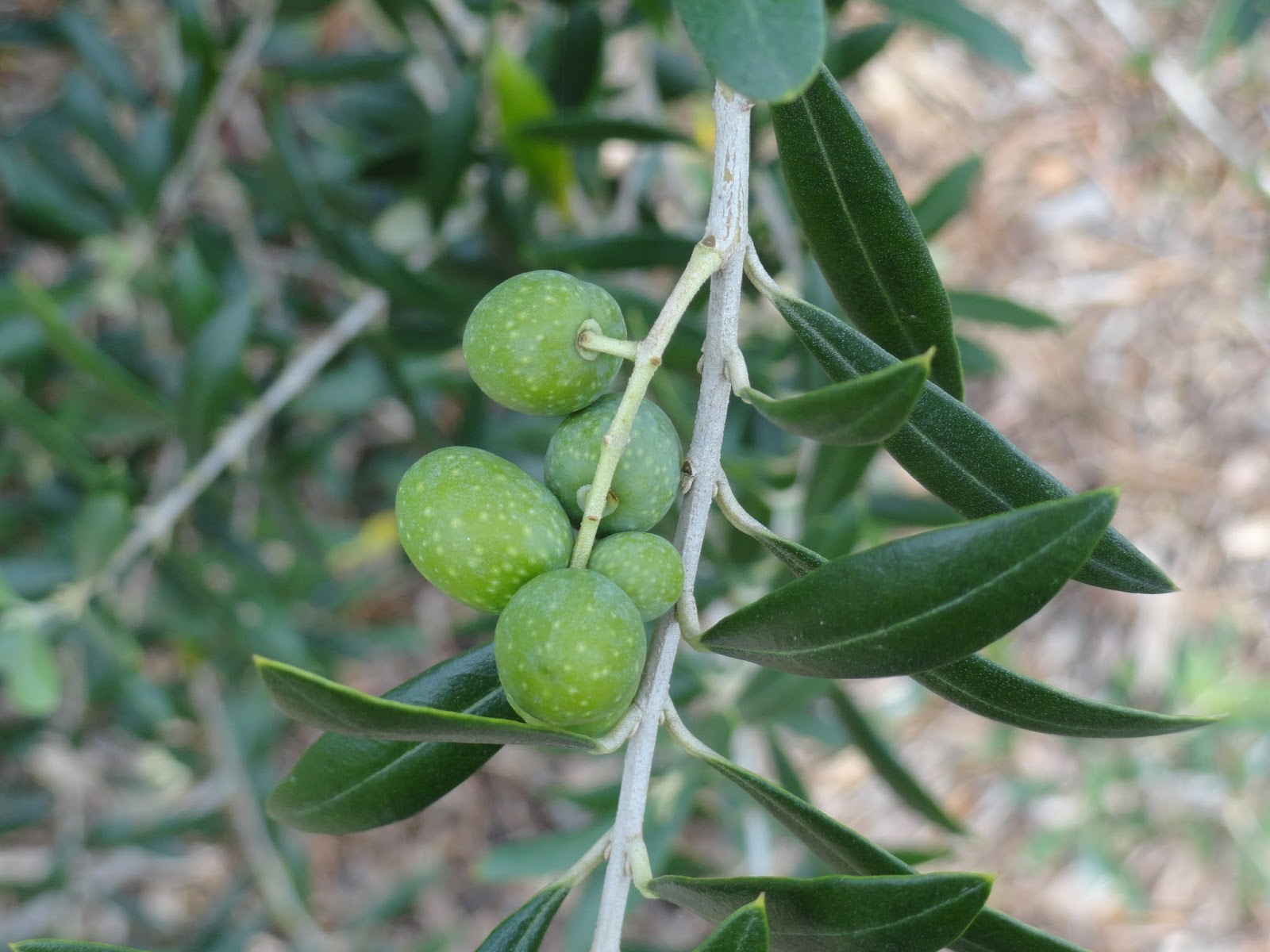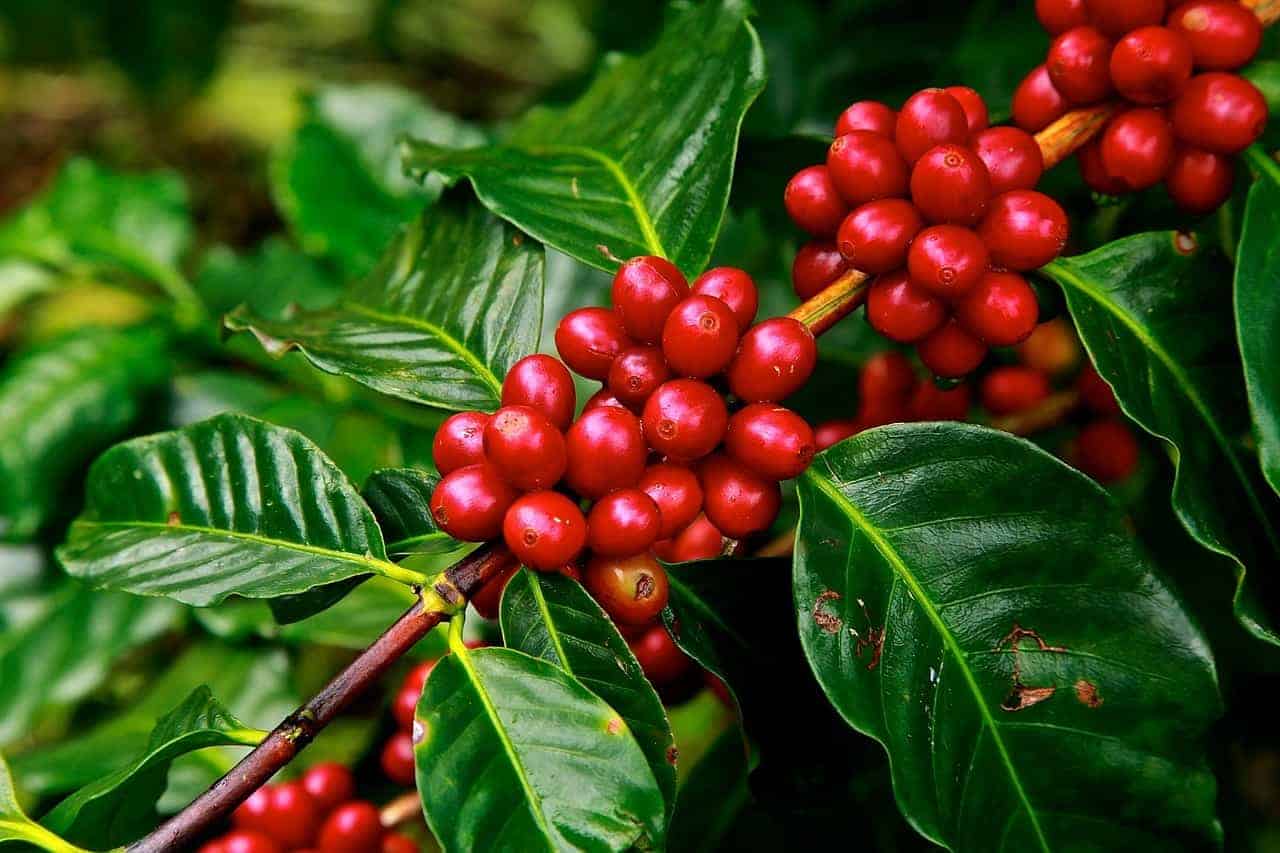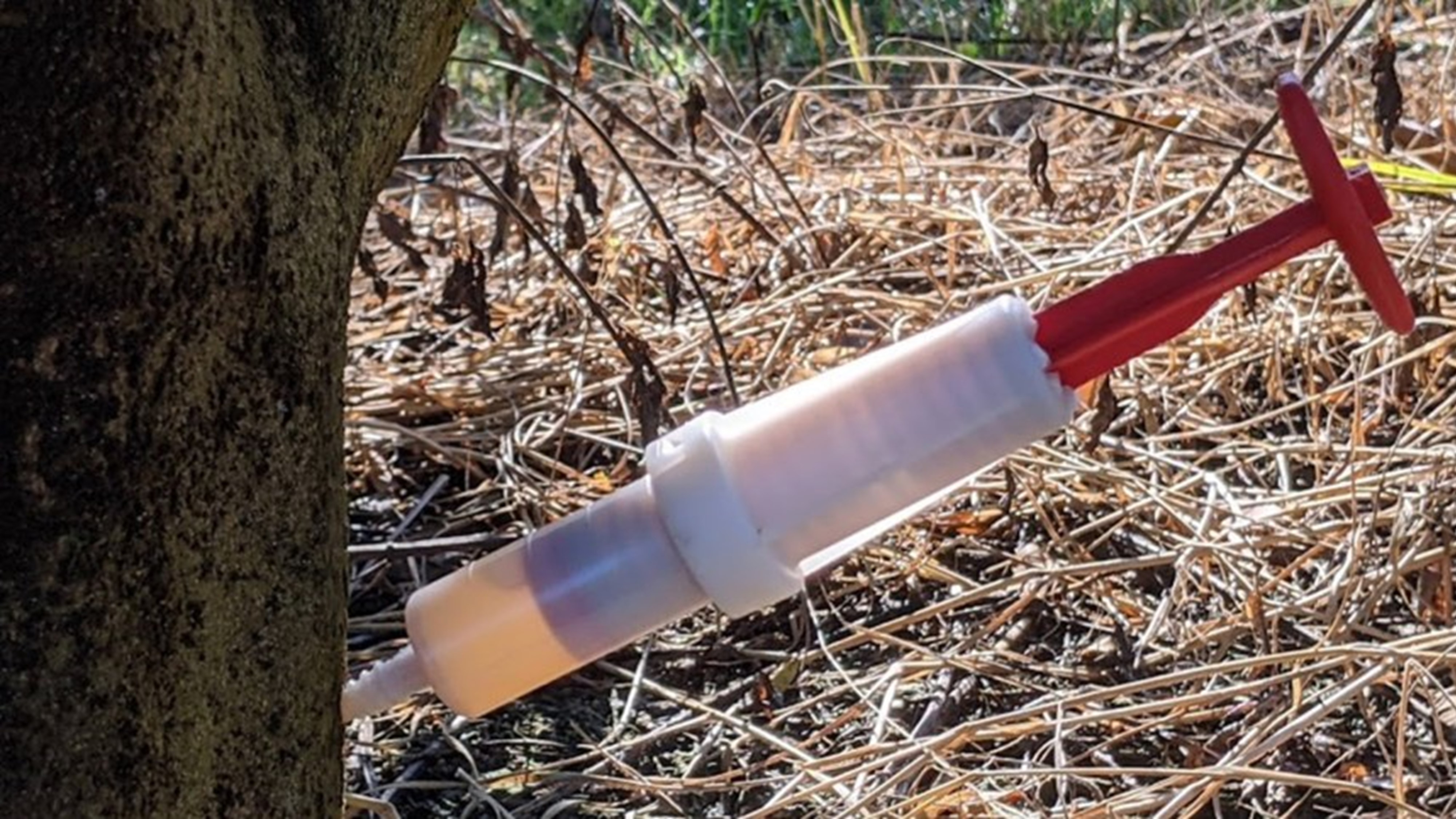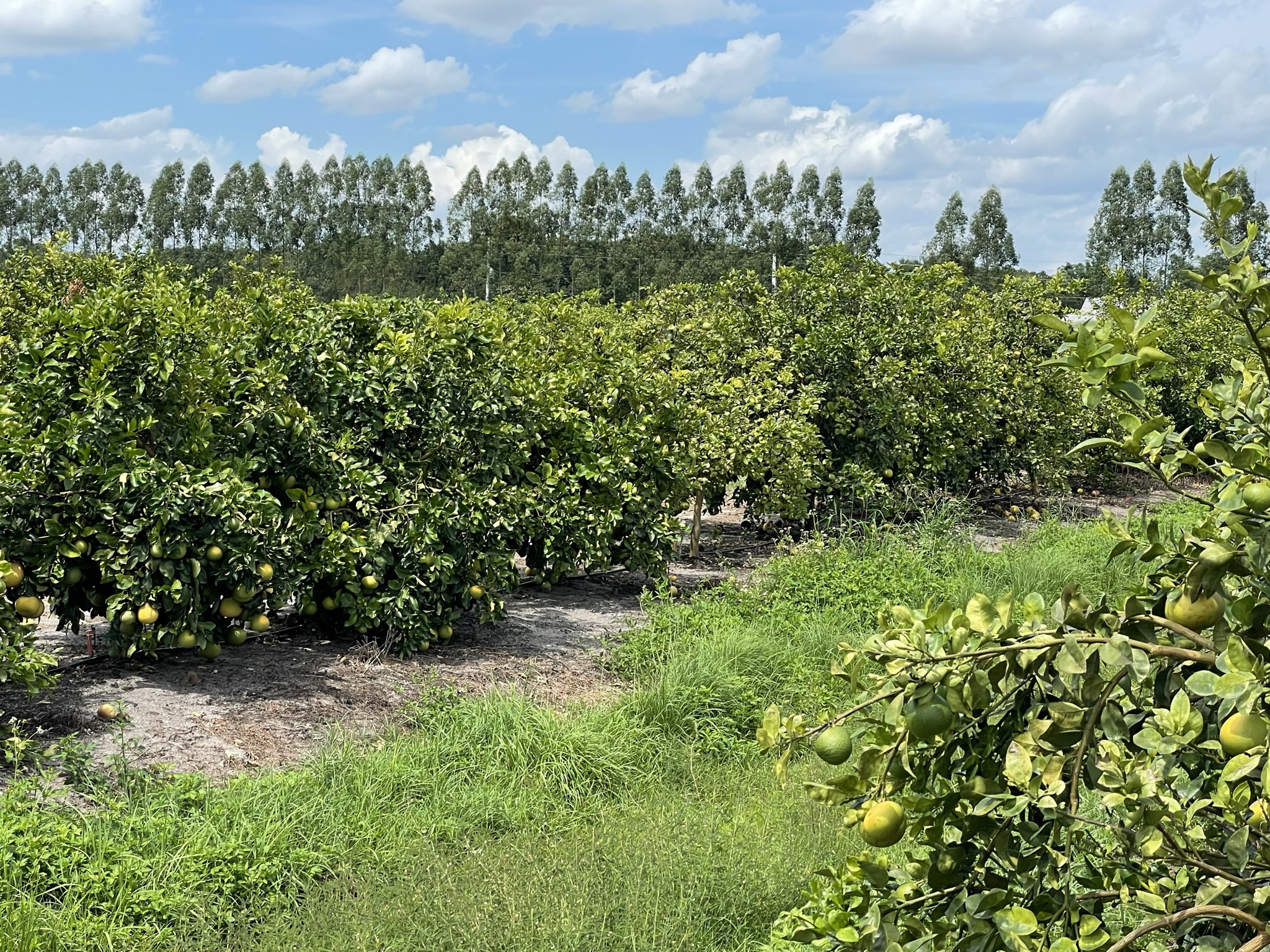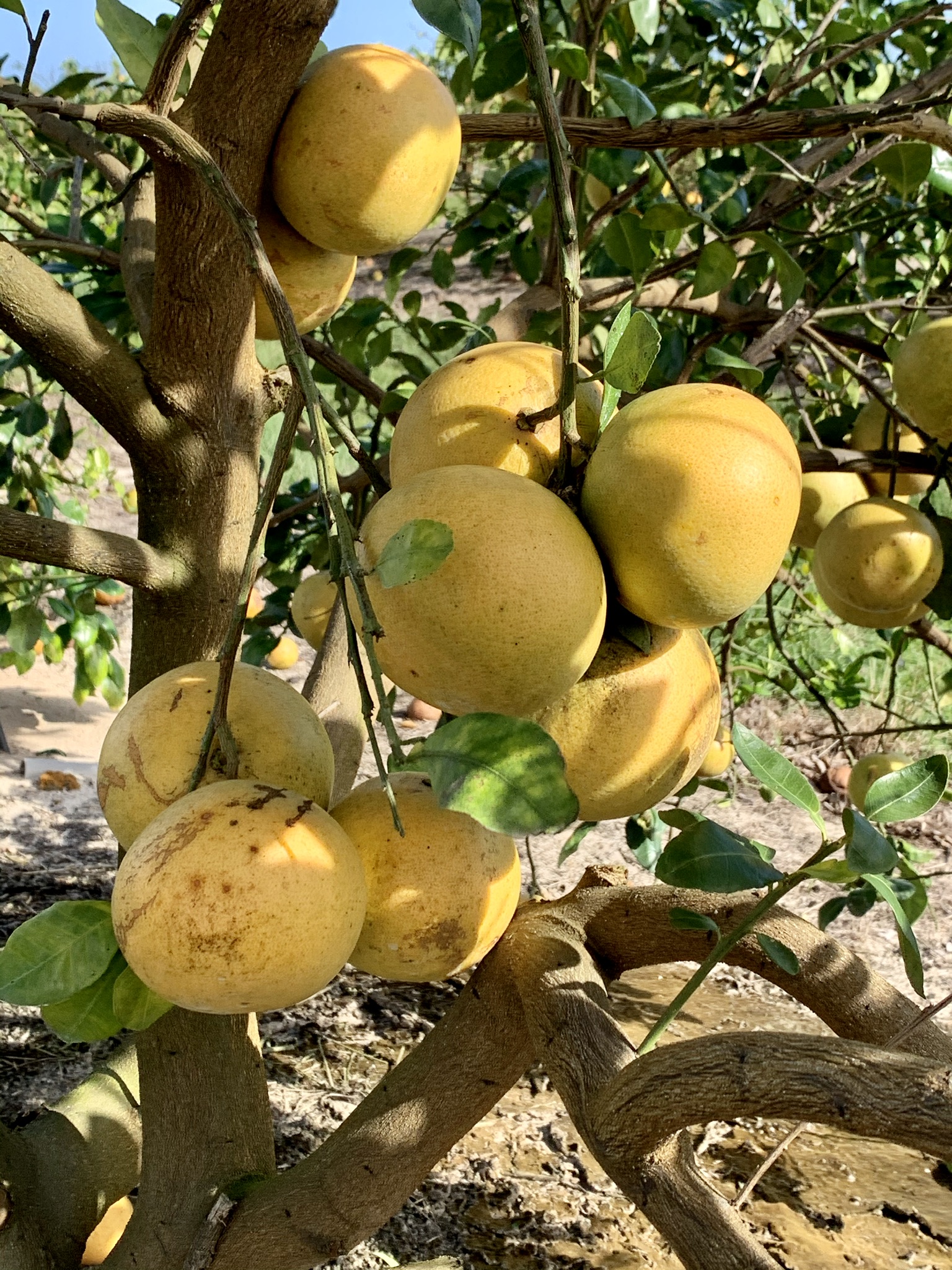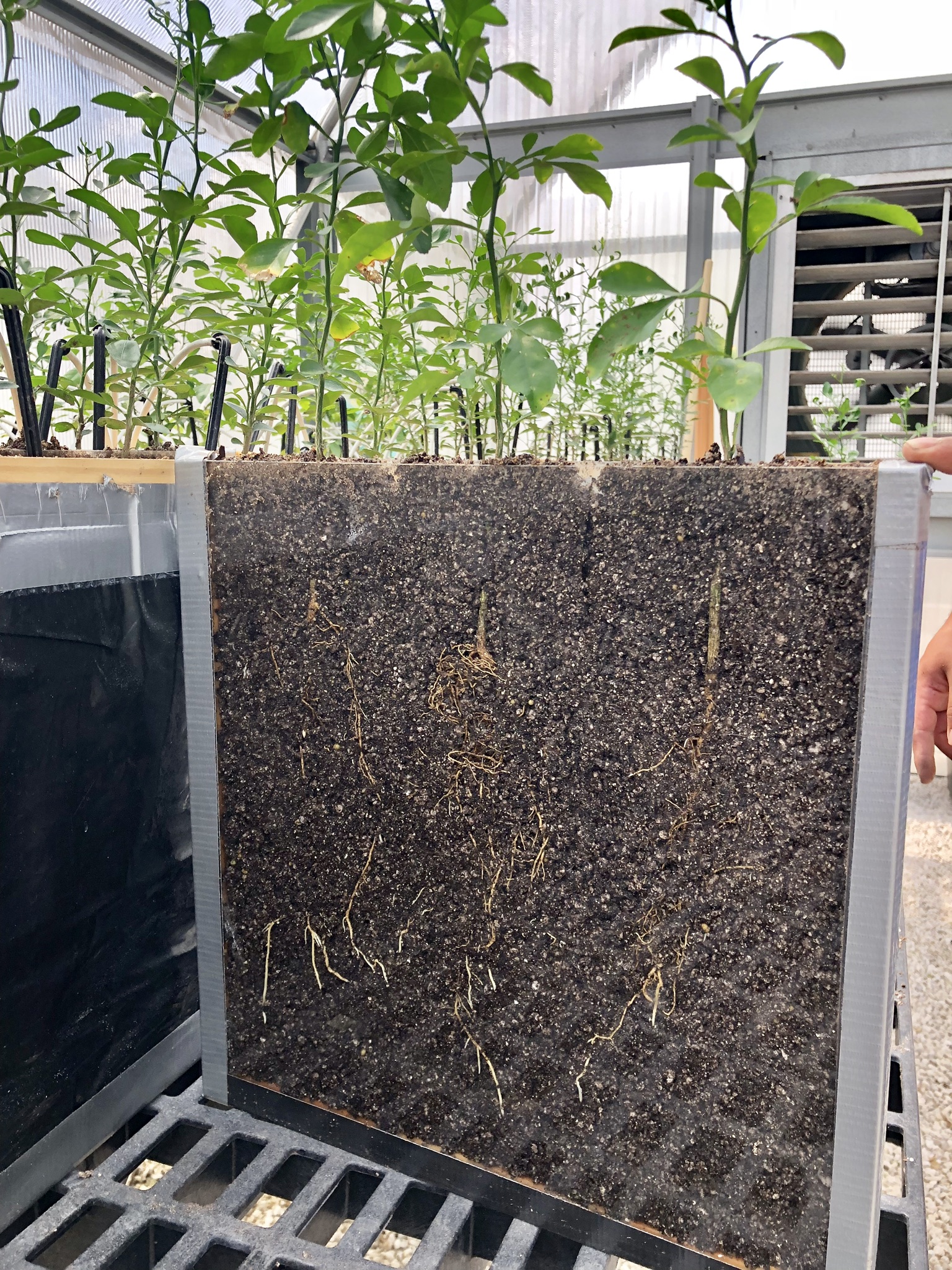Plant Sap Analysis as a Tool to Optimize Fertilizer Application for Sustainable Citrus Production
PI
In this project we will collect soil and leaf samples of grapefruit and mandarin trees in a commercial grove, and analyze soil and foliar macro and micronutrient concentrations using a low-cost stand-alone bench nutrient analyzer (iMETOS MobiLab; Pessl Instruments GmbH, Weiz, Austria), standard soil and plant leaf tissue analysis (Waters Agricultural Laboratories Inc., Camilla, GA), and plant sap analysis (New Age Laboratories, South Haven, MI) in HLB-endemic region in the Indian River citrus District. The citrus groves used for this series of trials are in a farmer collaborator at the Indian River County in Vero Beach, FL.
Our goal is to improve fertilization efficiency by determining real-time nutrient status and calculate fertilizer needs. We will establish a relationship between analysis methods, and hopefully identify adequate ranges of nutrient sufficiency for the plant sap analysis to allow for modifications in the current fertilization strategies from 1 to 3 times per year to more frequent applications on demand to reduce the fertilizer input for commercial citrus production, providing nutrients in the right time and at the right rate and reducing the potential for nutrient runoff and leaching to water bodies and groundwater.


